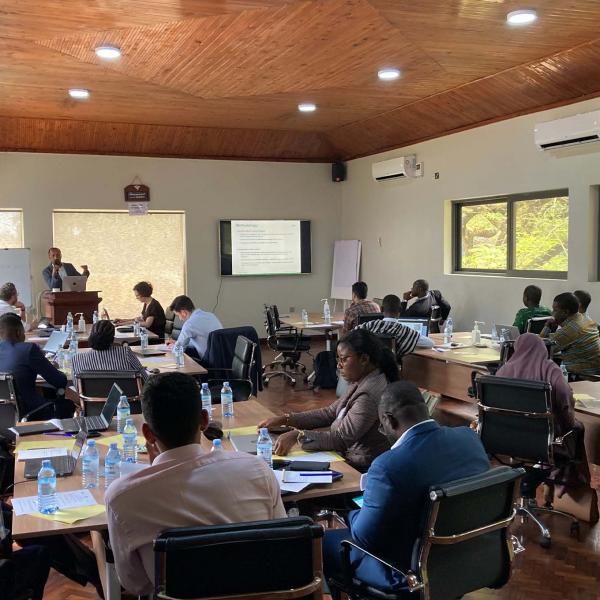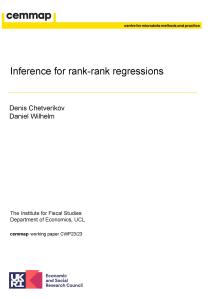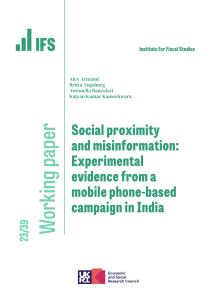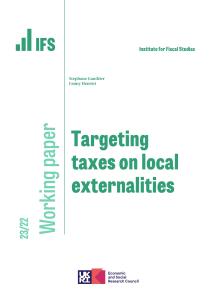Access
In this paper, we provide an overview of the sample design of Understanding Society and the consequent nature of design weights as well as a description of procedures that are implemented in order to maximise participation by sample members and procedures that are implemented to produce non-response adjustments to the design weights. We then present some indicators of sample representativeness at the initial wave and of the impact that subsequent sample attrition has on this before concluding with some reflections on the nature of representativeness and estimation methods in the context of a highly complex sample design and complex patterns of missing data arising from non-response.
Authors
Professor University of Essex
Senior Research Officer University of Essex

Paul S. Clarke
Journal article details
- DOI
- 10.1111/1475-5890.12357
- Publisher
- Institute for Fiscal Studies
- Issue
- Volume 44, Issue 4, pages 341-359
Suggested citation
P, Cabrera-Álvarez and P, Clarke and P, Lynn. (2024). 'Sample composition and representativeness on Understanding Society' Fiscal Studies, Volume 44, Issue 4, 44(4/), pp.341–359.
More from IFS
Understand this issue

Sure Start achieved its aims, then we threw it away
15 April 2024

Why inheritance tax should be reformed
18 January 2024

Social mobility and wealth
12 December 2023
Policy analysis

IFS Deputy Director Carl Emmerson appointed to the UK Statistics Authority Methodological Assurance Review Panel
14 April 2023

Is there really an NHS productivity crisis?
17 November 2023

Three key takeaways from our TaxDev Tax Expenditures Workshop
17 March 2023
Academic research

Inference for rank-rank regressions
2 November 2023

Social proximity and misinformation: Experimental evidence from a mobile phone-based campaign in India
7 December 2023

Targeting taxes on local externalities
14 August 2023